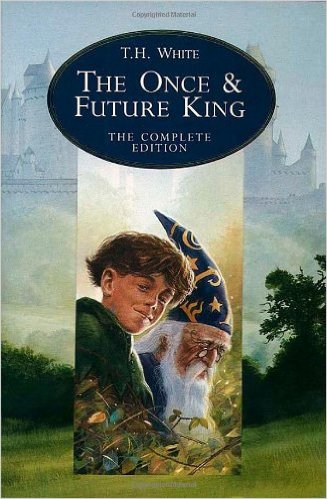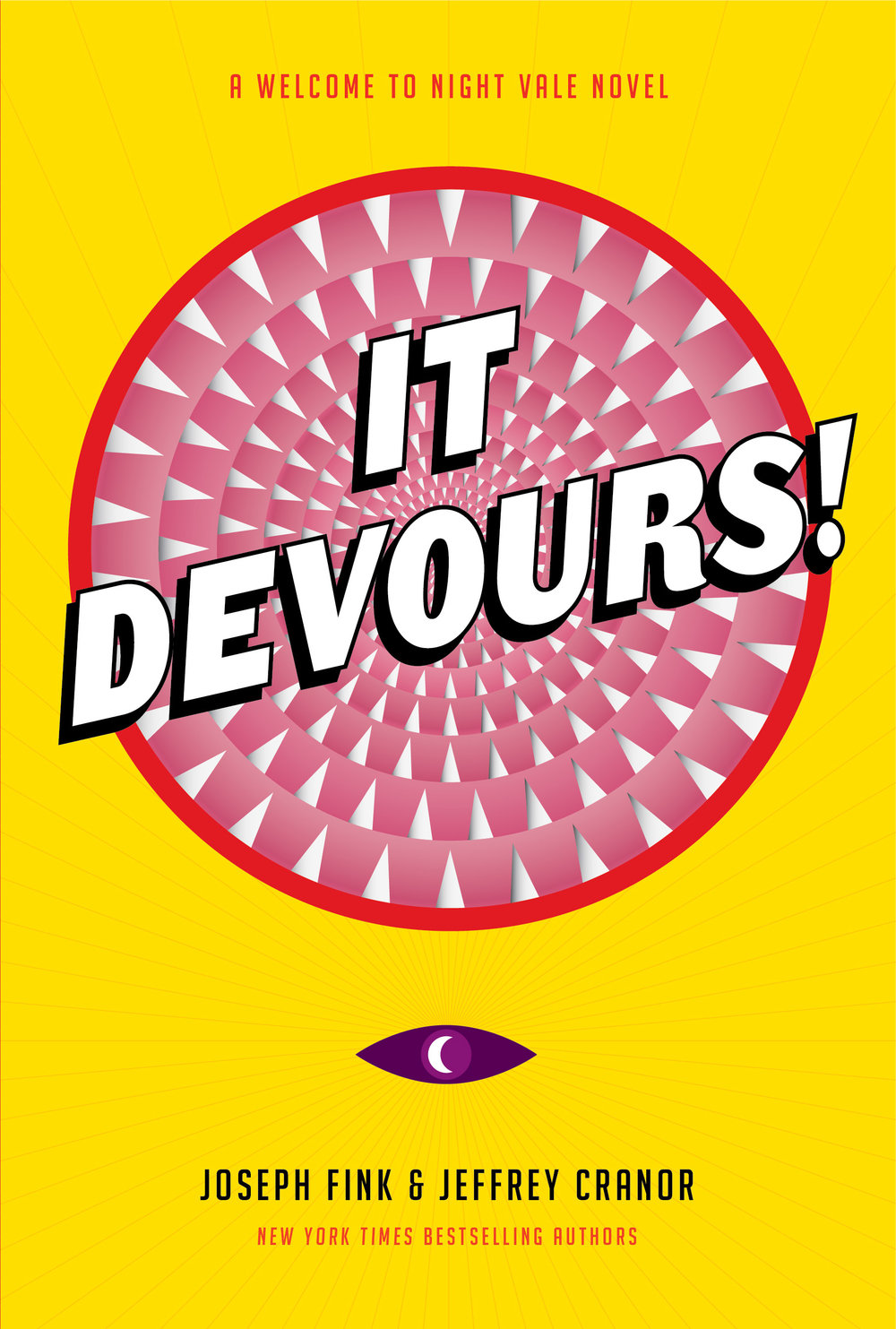[button color=”black” size=”big” link=”http://affiliates.abebooks.com/c/99844/77798/2029?u=http%3A%2F%2Fwww.abebooks.com%2Fservlet%2FSearchResults%3Fisbn%3D9780689829840″ target=”blank” ]Purchase here[/button]
The Grey King
by Susan Cooper
This fourth book in The Dark Is Rising quintet won the 1976 Newbery Medal.
Will Stanton, the youngest of the Old Ones, is still at the same time a small boy. And so he is vulnerable to illnesses, such as an attack of hepatitis that nearly killed him and left him weak and missing important memories — such as the quest he is supposed to be on.
Sent to convalesce in Wales, on the farm of an aunt and her family, things start coming back to Will when he meets a strange, albino boy named Bran Davies, who plays the harp and owns a dog named Cafall with silver eyes that can see the wind. Together they overcome the malice of the Grey King — a Lord of the Dark whose spirit haunts the surrounding hills — and recover a golden harp that is one of the ancient objects the Light needs to defeat the rising Dark.
This done, however, their quest is only half done. And because of the malice of a man named Caradog Prichard, and the evil pranks of the silver-gray foxes that ordinary mortals cannot see, Cafall is killed and Bran’s friendship with Will, and with the Light, seems irretrievably shattered. And while Will tries to find a way to awaken the Sleepers who must help defeat the Dark, the powers of the enemy are gathering to stop his quest cold.
The upshot is a dreadful confrontation between Bran, his adopted father Owen Davies, the maddened Prichard, a strangely wise farmer named John Rowlands, and almost helplessly caught between them, our own Will.
The interesting and ambiguous relationship between Cooper’s conception of the Light and the Dark, in distinction from any religious (say, specifically Christian) concept of good and evil, is illustrated by this speech by John Rowlands:
Those men who know anything at all about the Light also know that there is a fierceness to its power, like the bare sword of the law, or the white burning of the sun…. At the very heart, that is. Other things, like humanity, and mercy, and charity, that most good men hold more precious than all else, they do not come first for the Light. Oh, sometimes they are there; often, indeed. But in the very long run the concern of you people is with the absolute good, ahead of all else. You are like fanatics. Your masters, at any rate. Like the old Crusaders-oh, like certain groups in every belief, though this is not a matter of religion, of course. At the centre of the Light there is a cold white flame, just as at the centre of the Dark there is a great black pit bottomless as the Universe.
An interesting fantasy concept, that, whose full shape is not yet seen at this point in the series. It is basically pointing out that the aims and choices of Absolute Good sometimes go very hard on ordinary people, and that innocent individuals often pay dearly when the interests of universal good are being served. The climax of this story hinges on the question, who will pay this time and how? And what exactly is the destiny and nature of the mysterious Bran Davies?
The arc is completed in the series’ fifth novel, Silver on the Tree.



